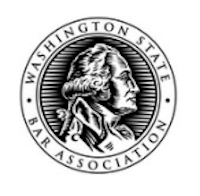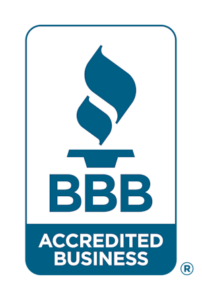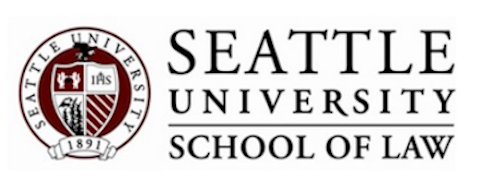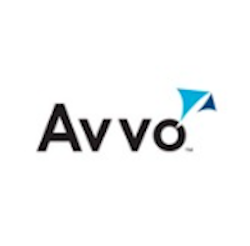As a business owner, if you work with federal contracts, you already know that the landscape is riddled with potential compliance landmines. The government is very focused on compliance with all of the provisions of the Davis-Bacon Act. One area that companies often find troublesome relates to Defined Contribution Plans.
According to the United States Department of Labor, the Employee Retirement Income Security Act (ERISA) covers two types of pension plans: defined benefit plans and defined contribution plans. A defined benefit plan promises a specified monthly benefit at retirement while a defined contribution plan, does not promise a specific amount of benefits at retirement.
For you the business owner, that is an important distinction. Often, contract employees might not understand that while the amount of money contributed by the employer, the employee or both is set as a percentage of total earnings, the fund is an investment and returns are subject to market related gains or losses.
What are Defined Contribution Plans? Well, two commonly known plans are 401(k) and 403(b) plans. Profit-sharing plans and employee stock ownership plans are also listed in this category.
In essence, individual accounts are set up for participants. The amount of benefit is determined by salary percentages and may come from contributions made by the employee or the employer. The yield of this kind of program is determined by the success of the investment earnings and is not guaranteed to grow. In fact, the principle values may actually be lessened if market trends are poor.
There are tremendous benefits for companies that use contracted labor, but compliance with the Davis-Bacon Act is essential for attaining and maintaining government contracts. Defined Contribution Plans are a great way of offering employees the potential for growth in their retirement accounts.





